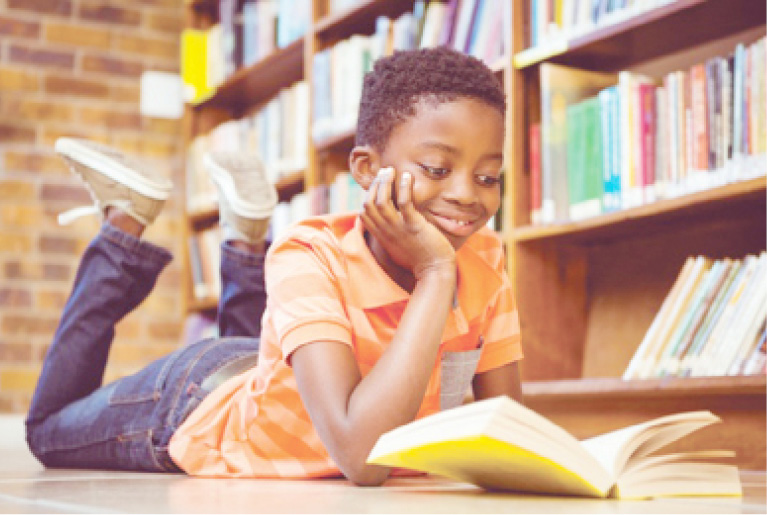Having lots of books as a kid helps later in life
It can improve reading, math and technology skills, for starters. I grew up with easy access to books, and I’ve always felt that I benefited from it, even if it was as simple as always having something to do. To that end, I make sure that the children who are a part of my life […]

It can improve reading, math and technology skills, for starters.
I grew up with easy access to books, and I’ve always felt that I benefited from it, even if it was as simple as always having something to do. To that end, I make sure that the children who are a part of my life also have books, often giving them as gifts.
This desire to surround kids with books isn’t just in my head; a recent study has demonstrated that children who grow up with home libraries fare better latter in life when it comes to literacy, to applying math skills to everyday life and learning how to use digital technology.
Reading is a gift that keeps on giving, apparently.
Books have a lifelong impact

The study, published in the journal Social Science Research, collected data from 160,000 adults from across 31 countries who participated in the Program for the International Assessment of Adult Competencies (PIAAC) between 2011 and 2015. The PIAAC measures adults’ skills in those three categories listed above: Literacy, numeracy and digital literacy. The participants were between the ages of 25 and 65.
Respondents to the PIAAC were asked to estimate how many books were in their households by the time they were 16 years old. The average number in the study was 115 books, but the actual numbers would vary from country to country. Turkish respondents averaged 27, while those in Norway had 212 and kids in the U.K. had 143. That being said, the study found that the more books that were present in the home, the better the adults scored in the PIAAC evaluations.
“Adolescent exposure to books is an integral part of social practices that foster long-term cognitive competencies spanning literacy, numeracy and ICT skills,” the study’s authors wrote. “Growing up with home libraries boosts adult skills in these areas beyond the benefits accrued from parental education or own educational or occupational attainment.”
Homes needed to have roughly 80 books to have any impact on the teens, raising PIAAC scores to the average level. Literacy scores in particular improved when more books were available, though they leveled off around 350 books. (So parents, maybe don’t rush out and just start filling your kitchen cabinets with tons of books.) Numeracy skills improved in similar ways to literacy. Solving problems with digital technologies also saw improvements, but the scores gains weren’t as steep as they were for literacy or numeracy.
Access to books also helped to bridge education differences. Those who grew up without many books in the home and received university degrees performed roughly the same as those who had access to large home libraries and only completed nine years of school. “So, literacy-wise, bookish adolescence makes up for a good deal of educational advantage,” according to the researchers.
“As expected, respondents’ education, occupational status and reading activities at home are strong predictors of superior literacy nearly everywhere,” Dr. Joanna Sikora of Australian National University and one of the study’s authors, told The Guardian.
“But respondents clearly benefit from adolescent exposure to books above and beyond these effects. Early exposure to books in [the] parental home matters because books are an integral part of routines and practices that enhance lifelong cognitive competencies.”
Source: mnn.com
